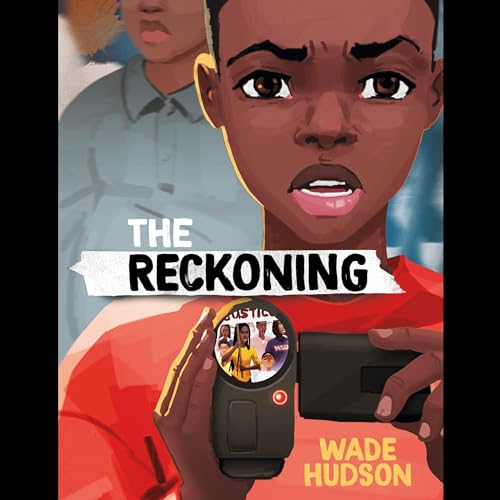2018 School Spending Survey Report
VERDICT Despite the potential roadblocks of anger, frustration, fear, Lockard ensures the rallying demand of “do the right thing” is clearly, inspiringly, definitively heard.
ALREADY A SUBSCRIBER? LOG IN
We are currently offering this content for free. Sign up now to activate your personal profile, where you can save articles for future viewing





Be the first reader to comment.
Comment Policy:
Comment should not be empty !!!